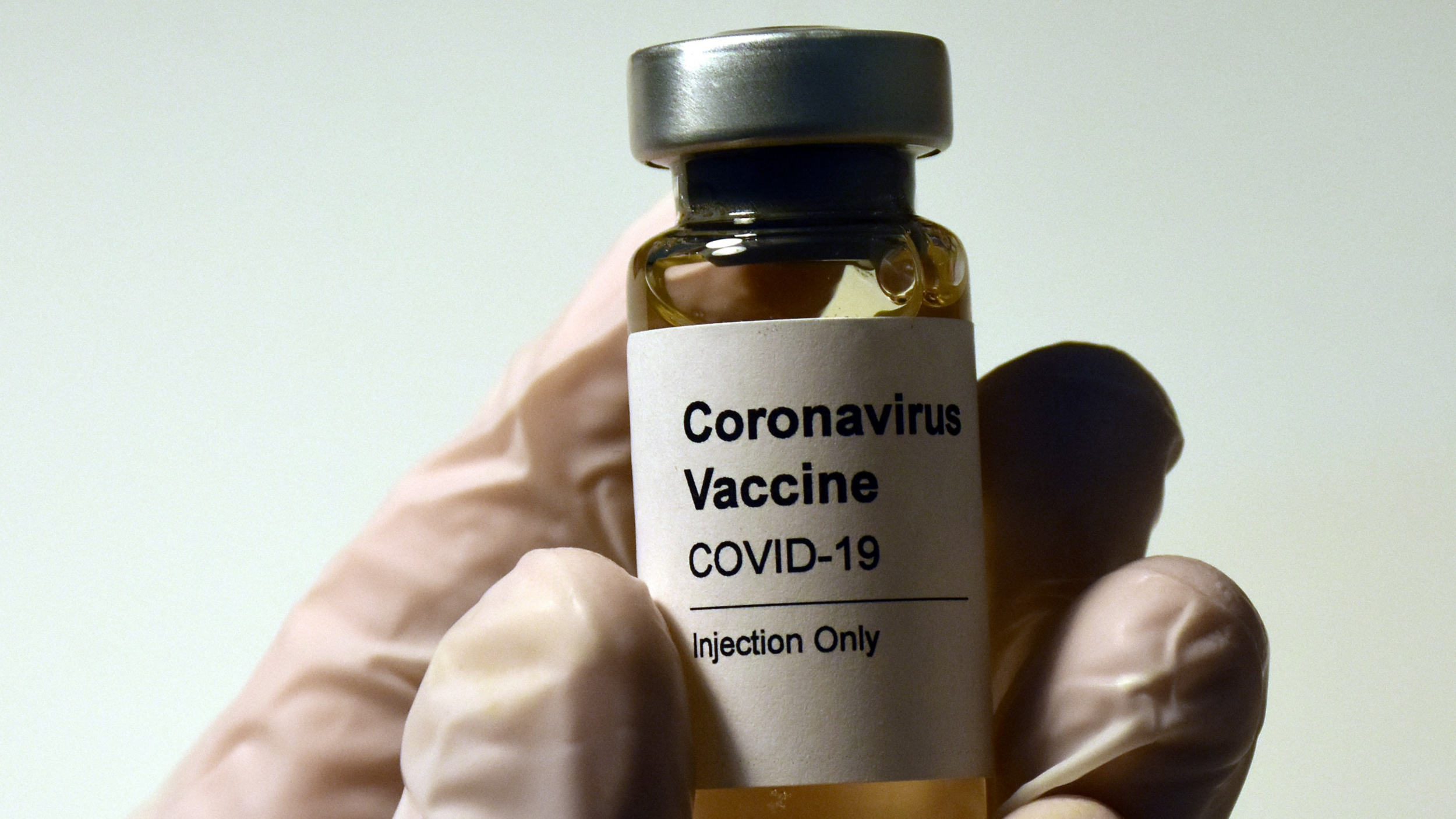FAQs: COVID Vaccines, Variants, and What You Should Expect
Wear a mask. Wash your hands. Stay six feet apart.
Though information about the COVID-19 pandemic has changed over time, these are the words we’ve been hearing since March of last year. Today, in early 2021, we’re in the beginning of vaccines being rolled out, threats of new variants of the virus, and we’re still wondering if life will ever be the same.
Last week on Serve Denton’s weekly podcast, we talked to Dr. Jason Siegel of Health Services of North Texas about news surrounding the pandemic.
“What I do know is a few things: face masks, social distancing, and hand washing. They are still the biggest thing we can do to protect ourselves and reduce the spread of this virus.”
We asked Dr. Siegel about various COVID-related topics including possible new strains of the virus, the effectiveness of masks, concerns about the different vaccines, and hospital capacity issues.
From a physician’s point of view, Dr. Siegel said that fighting the pandemic brought him a mixture of excitement and anguish. Trying to ease suffering and answer questions about the disease brings a unique challenge to medical professionals around the world.
Information has changed so quickly from the onset of the pandemic - we went from not wearing masks and hoping for Easter celebrations to nationwide mandates and permanently closed businesses.
So as the world approaches the 12-month mark of quarantines and lockdowns, we want to answer a few pressing questions on recent developments surrounding COVID-19.
Q: When it comes to the new strains of coronavirus, what do we know, what don’t we know, and how should we be responding?
A: According to Dr. Siegel, there are a few new strains of the virus to be aware of. New variants have emerged in the United Kingdom, Brazil, and South Africa. It is difficult to make broad statements about these new strains, but it has been found that they could potentially be more deadly and more contagious.
Infections with new strains show that the body is not able to mount as much of a response to proteins introduced by the virus variant, but it’s still enough to protect from severe disease. Regardless, it’s important to continue wearing masks and social distancing to reduce the spread of the coronavirus.
“It's this mantra of things people are tired of hearing because it's not popular, and it’s not fun, but it's necessary.”
So what about the vaccine?
Is it safe? Is it effective? Will it finally bring us back to normal? These are the questions on everyone’s minds.
Q: What are some of the most common hesitations or questions that we've heard from people about the vaccines, and how would you respond to the things you've been hearing?
A: “I’ve had people hesitant to get it because they’re worried that it will change their DNA. They’ve read that it gets into your cells and your DNA.”
Dr. Siegel takes these concerns as an opportunity to explain the novelty of the COVID vaccine. One of the first of its kind, the coronavirus vaccine utilizes mRNA to ultimately produce antibodies to fight against the virus.
There’s a lot of scientific stuff to be understood, but what you need to know is this: you cannot get the virus from the vaccine and it cannot change your DNA.
You can get symptoms of the virus, but this is simply the vaccine doing what it is supposed to do. After his vaccination, Dr. Siegel said that his arm was sore and he got a fever and chills. However, instead of being alarmed, he was excited to know that his vaccine was working.
“Don’t be afraid of the side effects, the side effects are the vaccine doing what it does.”
Another widespread concern is that vaccines usually take many years to develop, yet this one is ready for distribution in under 12 months.
Q: How would you respond to some of the questions saying: ‘how do we know the vaccine is effective if it happened so fast?’
A: “It does feel rushed and thank God it was.”
Dr. Siegel’s answer to this question was simple. As a frontline worker himself, he knows that the people who created the vaccine have the good of mankind at heart, and knew that they needed to respond to COVID quickly.
Think back to the influenza crisis of the 20th century. If medical professionals had been able to create the flu vaccine in under a year, millions of lives could have been saved. New technology and advancements have allowed us to react to the current situation quicker than ever before.
Q: How long does it take for vaccines to take effect to create immunity?
A: “Vaccines invoke a response from your immune system. It’s kind of like a military operation- your first line of defense is your innate immune system that kills off anything foreign. That happens rapidly, but it takes about two weeks for your body to produce antibodies.”
Essentially, expect the vaccine to take some time to do its job. It takes time for memory cells to turn on the production that pumps out antibodies to fight the virus. Immunity won’t happen overnight.
Q: What can we expect life to look like after we get on the other side of this?
A: “I think for the near future, it looks much the same.”
Though this isn’t the answer anyone wants to hear, it’s unfortunately true. We’ve all learned that the virus cannot and will not go away in a matter of a few weeks. At this point, we’re only at about a six percent vaccination rate, and this is after a year.
It will take time for changes to take place once the majority of the population is vaccinated. Only then can we start lowering our defenses: reducing mask mandates, opening businesses, lifting travel restrictions.
The good news is that in all studies where individuals received both doses of the vaccine, no one died from the virus.
It’s also important to keep in mind that COVID is not the only disease in the world right now. People all over the globe still have other conditions that need to be treated. Thus, it’s vital to stay as efficient as possible in our medical systems and hospitals.
As for masks, some believe it’s likely that a cultural change will take place, at least in the United States. Other countries around the world are known for wearing facial coverings during flu season or when a person is sick.
“Everyone’s gotten a crash course in public health and disease.”
Q: What is the most helpful thing that we can do for frontline workers and for ourselves while the vaccine rolls out this year?
A: “The most respectful thing that the public can do is to wear masks and try to keep themselves healthy. It reduces the burdens on the medical system at large - it allows them to continue to serve all of the needs, rather than having to focus resources on COVID.”
It’s that same mantra again, but it’s what we need to do.
Wear a mask. Wash your hands. Stay six feet apart.
Wearing a mask shows empathy to others and protects everyone, especially while doing essential errands in public. Washing your hands keeps you healthy. Staying six feet apart keeps you safe.
“There’s nothing worse than trying to take care of patients who don’t want to take care of themselves.”
The best thing you can do for everyone is keeping up the hard work fighting this virus. The only way we will get through this crisis is together.


